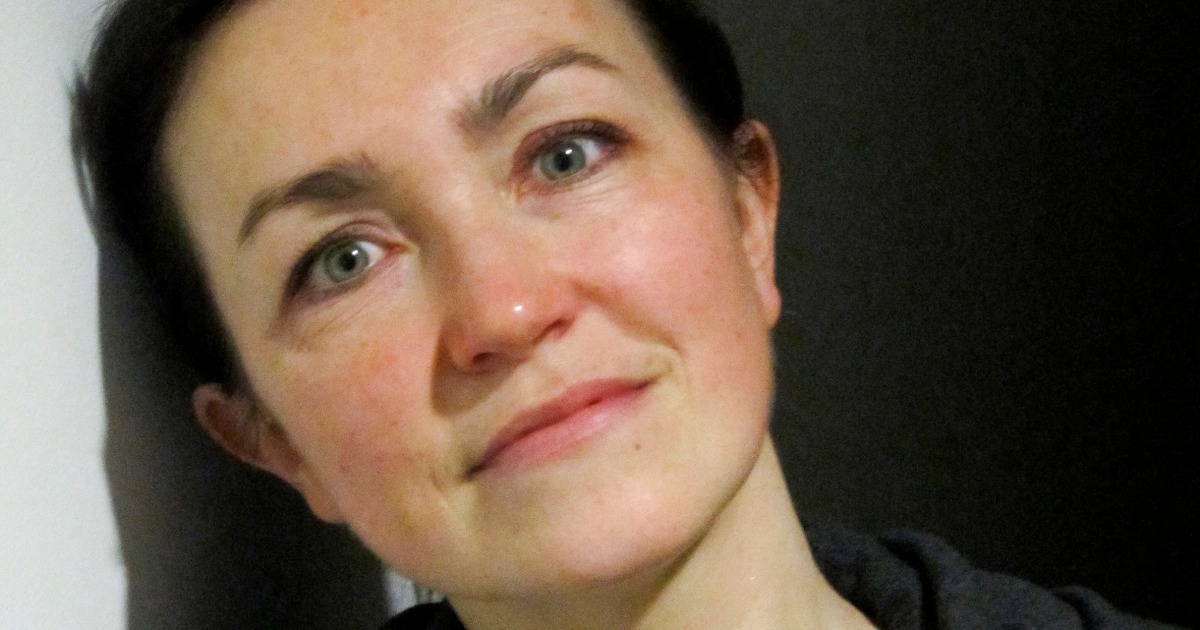Scientists Launch Initiative to Create World’s Largest Genomic Database for People of African Ancestry
Scientists, backed by pharmaceutical companies, have embarked on an ambitious project to collect genetic material from 500,000 individuals of African ancestry. This endeavor aims to establish the world’s largest database of genomic information from the African population, with the ultimate goal of creating a comprehensive “reference genome.” By comparing this template to full sets of DNA from individuals, researchers hope to gain a deeper understanding of genetic variants that specifically impact Black people. This valuable knowledge could potentially pave the way for new medicines, diagnostic tools, and a reduction in health disparities.
The initiative was launched by Meharry Medical College in Nashville, Tennessee, in collaboration with the Regeneron Genetics Center, AstraZeneca, Novo Nordisk, and Roche. While the pharmaceutical companies are funding the project, the Diaspora Human Genomics Institute, a nonprofit founded by Meharry, will manage the data.
The pressing need for this project arises from the fact that less than 2% of genetic information being studied today comes from individuals of African ancestry. The organizers of this initiative aim to bridge this knowledge gap and consider it just the beginning of a broader endeavor. Anil Shanker, Senior Vice President for Research and Innovation at Meharry, expressed optimism about the project’s potential to address this disparity.
Previously, researchers relied on a reference genome that mostly drew from the genetic material of one man, limiting its applicability due to the lack of representation of human diversity. Although human genomes are over 99% identical, scientists strive to comprehend the variations between individuals.
It is crucial to note that this project is separate from related research already in progress. In May, scientists published studies on the construction of a diverse reference genome, referred to as a “pangenome.” At that time, the pangenome included genetic material from 24 individuals of African ancestry, 16 from the Americas and the Caribbean, six from Asia, and one from Europe.
Meharry, a historically Black academic health sciences center, will recruit patients from the Nashville area to donate blood for genetic sequencing. This sequencing will be conducted free of charge by the Regeneron Genetics Center. Other historically Black colleges and universities in the US, as well as the University of Zambia in Africa, will also participate in recruiting volunteers. The project organizers are keen on collaborating with additional universities and medical centers in Africa, as well as local health departments. The enrollment process is expected to span approximately five years, with all data kept anonymous.
Following genetic sequencing, the data will be stored in a repository at the Diaspora Human Genomics Institute. Access to the database will be exclusively provided to historically Black colleges and universities (HBCUs) and the participating institutions in Africa. External researchers can access the information through these institutions.
Lyndon Mitnaul, Executive Director for Research Initiatives at the Regeneron Genetics Center, believes that academic institutions will be eager to collaborate with the schools benefiting from this resource. Additionally, corporate partners will have the opportunity to utilize the data for research purposes and the development of medicines and diagnostic tests.
The 10-year initiative also involves the establishment of a grant program to support research and education in genomics and related fields at Meharry. Furthermore, it will drive the development of STEM programs for grade-school children in diverse communities. Each pharmaceutical company involved in the project plans to contribute $20 million towards the genetic and educational aspects of this effort.

I have over 10 years of experience in the cryptocurrency industry and I have been on the list of the top authors on LinkedIn for the past 5 years. I have a wealth of knowledge to share with my readers, and my goal is to help them navigate the ever-changing world of cryptocurrencies.




